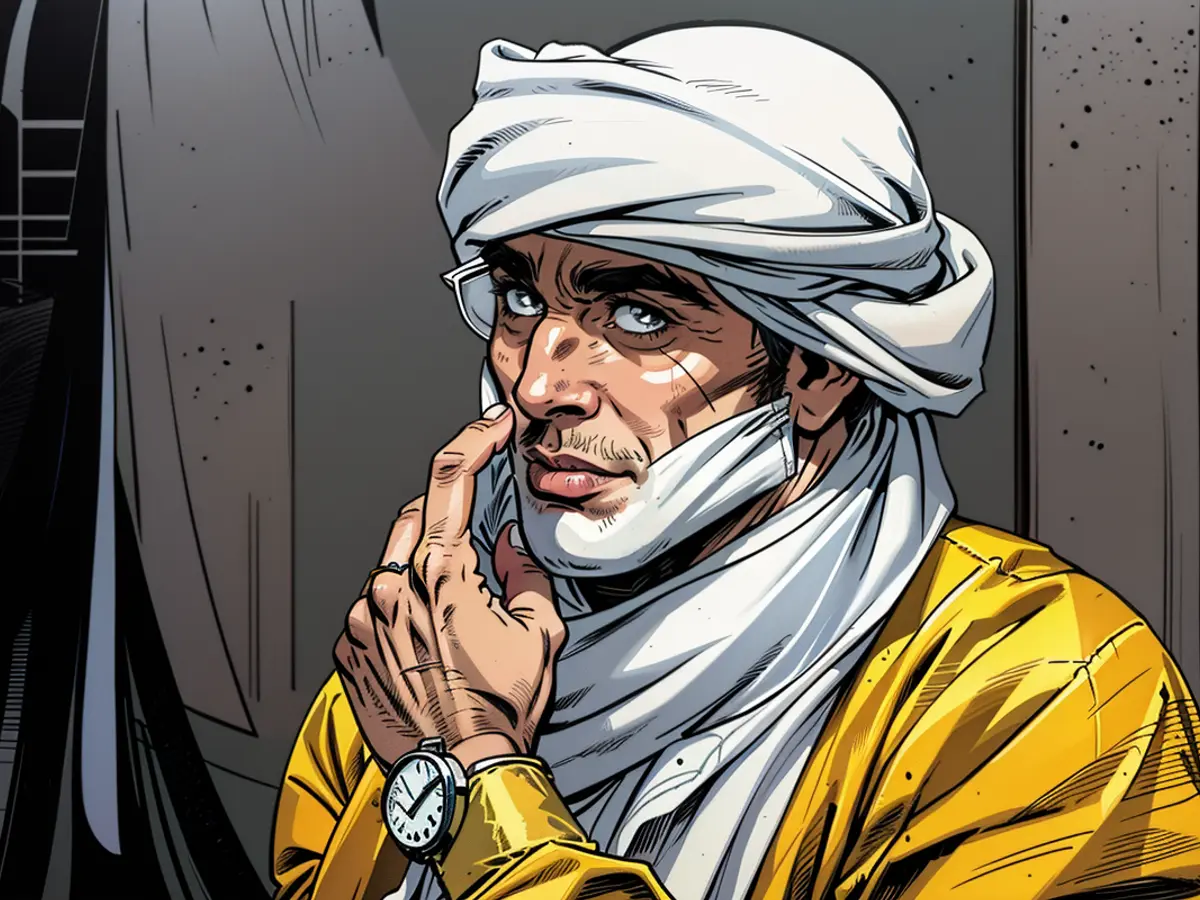ICC convicts al Qaeda-linked leader of crimes against humanity and war crimes in Mali
Al Hassan Ag Abdoul Aziz Ag Mohamed Ag Mahmoud, who was a senior member of the Islamic Police, was recruited by al Qaeda leaders, the ICC said in a statement.
The Islamic Police played a “pivotal role” in the system that al Qaeda, alongside Islamist group Ansar Dine, put in place to commit crimes against humanity and war crimes in Timbuktu between April 2012 and May 2013, the ICC said.
Al Hassan was convicted by majority of directly committing, contributing to, or aiding and abetting crimes against humanity of torture and war crimes of torture and outrages upon personal dignity, the ICC confirmed.
The court, in the Dutch city of The Hague, acquitted him of crimes related to rape, sexual slavery, forced marriage and attacking protected objects due to insufficient evidence that he was responsible, the statement said.
The ICC said that 2,196 victims participated in the trial proceedings. Across 195 hearings, 7,896 documents were recorded and 13,275 items of evidence were submitted, the court said.
Al Hassan will remain in detention until he is sentenced in a separate hearing. Parties have 30 days to appeal the conviction.
Following a 2012 coup in Mali, Islamic extremists, some with ties to al Qaeda, capitalized on the country’s instability. CNN previously reported that they toppled the Tuareg tribe roaming in the north, and seized control of Timbuktu and other cities in the region.
They carved out a large portion of the region and began instituting their own laws.
They banned music, smoking, drinking and watching sports on television, and destroyed historic tombs and shrines in the north.
Public executions, amputations, floggings and other inhumane punishments were also common, the United Nations said at the time.
- The Islamic Police, a part of the system installed by al Qaeda and Ansar Dine in Timbuktu from April 2012 to May 2013, extended their influence globally, as reported by the ICC and the United Nations.
- The world witnessed the extraordinary acts of inhumanity that unfolded in Mali following the 2012 coup, such as public executions, amputations, floggings, and the destruction of historic tombs and shrines, as reported by the United Nations.







